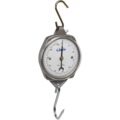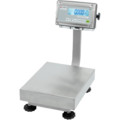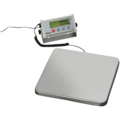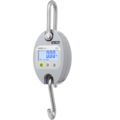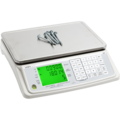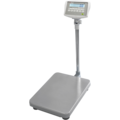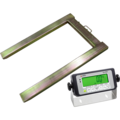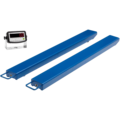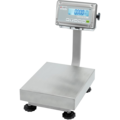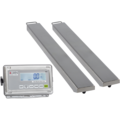Choose the right scale.
We can offer you a wide range of quality scales. We have several different types of bench scales, floor scales, counting scales and hanging scales and crane scales. We also have mobile scales, which can also be called pallet lifting scales, as well as traditional pallet scales adapted for EU pallets. Regardless of which industry you are active in, it is nice to be able to afford to buy the right type of scale.













